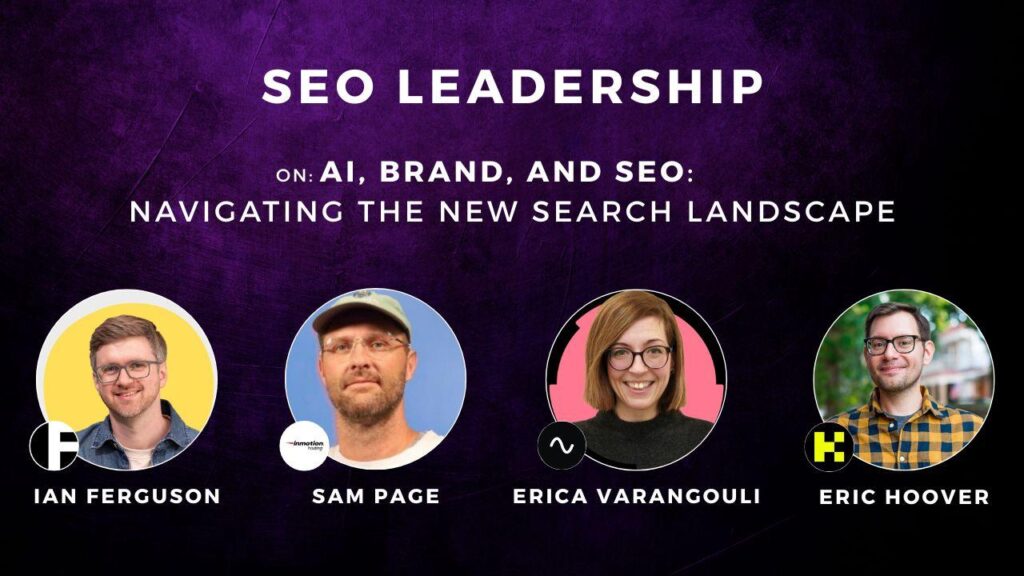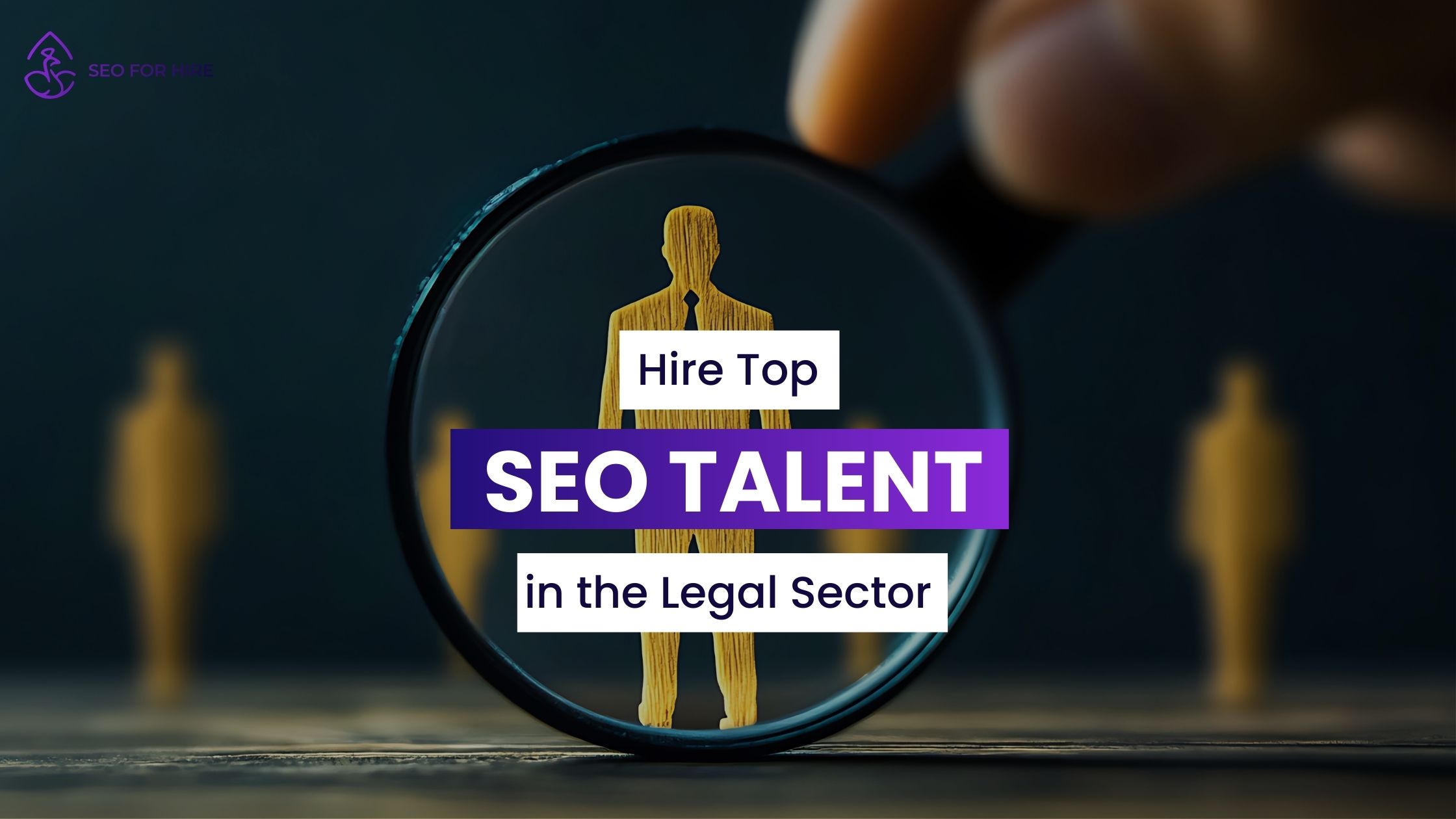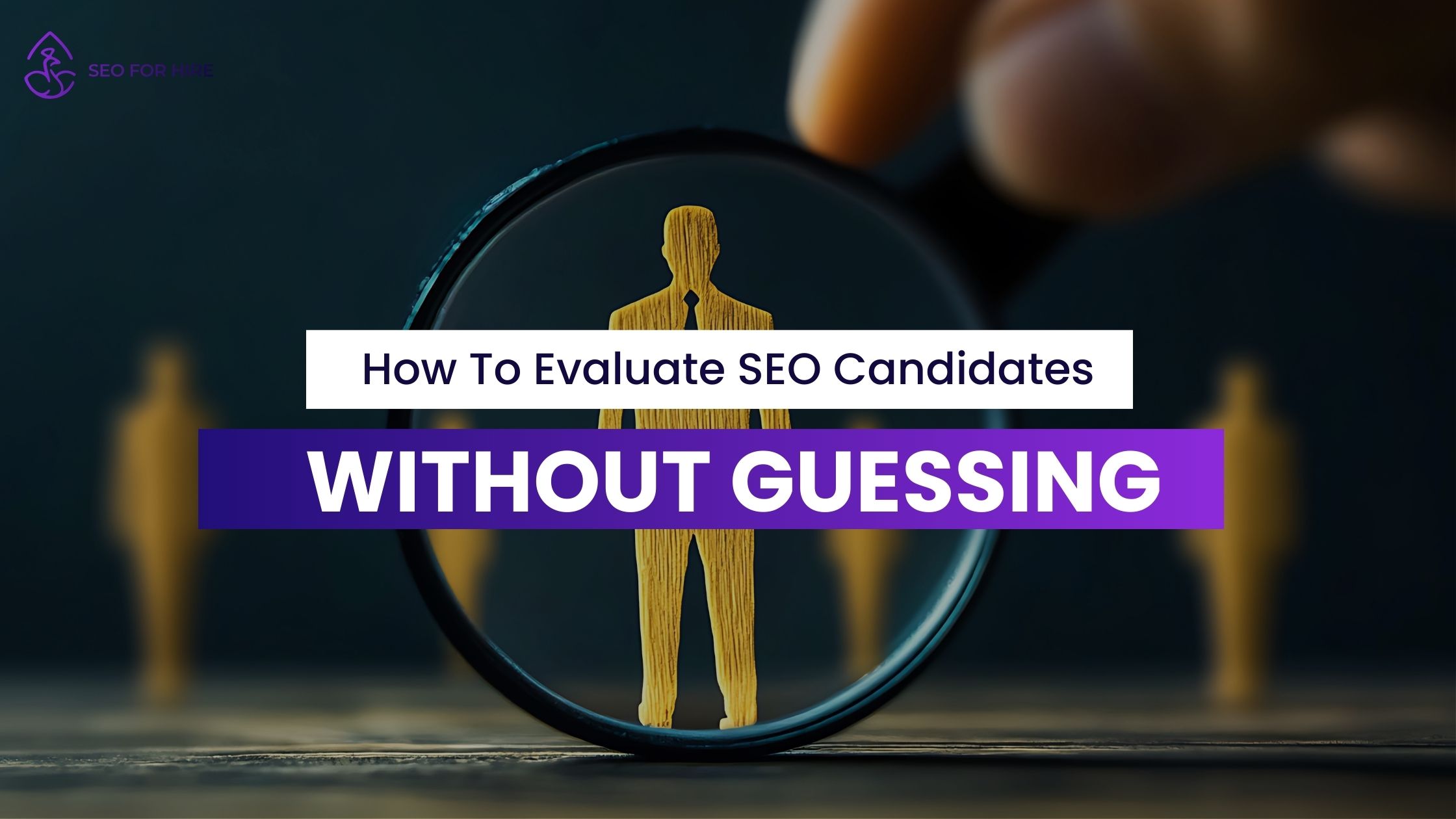TDLR; The shift to AI-driven search (SGE, ChatGPT, Perplexity) is transforming SEO. Traditional keyword-first tactics no longer work. Brands must optimise for AI overviews, brand mentions, and cross-functional collaboration while prioritising human-edited AI content and personal branding. Success now depends on experimentation, LLM visibility, and understanding full-funnel metrics beyond rankings.
Key Insights from the SEO Leadership Panel on AI and the Future of Search
Key Takeaways
AI is rewriting SEO rules: Optimising for SGE and answer engines matters as much as SERPs.
Cross-team collaboration is crucial: SEOs now work closely with content, paid media, affiliates, and brand teams.
Brand mentions shape AI visibility: Reddit, TikTok, and review sites feed LLMs like ChatGPT and Google AI Overviews.
Human-led content wins: AI drafts need proprietary insight and editorial oversight to rank.
Experimentation is the future: Test-and-learn is the only way to stay ahead of search volatility.
The SEO landscape is shifting. Fast.
Between AI-generated search experiences, brand visibility in LLMs, and the decline of traditional keyword-first strategies, SEO is no longer just about links and rankings.
It’s about positioning, strategy, and adaptability in a post-SGE world.
To unpack what this all means for SEO teams and brands, we kicked off the first episode of the SEO Leadership Panel, featuring four experts with deep experience across in-house, agency, and freelance SEO:

Meet the Panel
Sam Page: Head of AI & SEO Strategy at inMotion Hosting
Erika Varangouli: Head of Branded SEO at Riverside.fm
Eric M. Hoover: Director of SEO at Kepler
Ian Ferguson: Founder of FerguSEO & SEO consultant
Whether you’re hiring SEOs, building a team, or trying to future-proof your own career, here are the biggest takeaways from the discussion.
1. SEO Is No Longer a Silo, It's a Cross-Functional Discipline
Gone are the days when SEOs worked in isolation. Whether you’re in-house or freelance, success now depends on collaboration with:
Affiliate teams
Content marketers
Paid media
Developers
Customer support and brand
“I spend more time collaborating than optimizing right now. The overlap with affiliates, especially in AI-driven results, is critical.”
– Sam Page
Takeaway:
SEOs who can communicate across departments and influence strategy beyond their own lane will thrive.
2. AI Is Killing Entry-Level SEO… But Creating New Opportunity
The panel was unanimous:
AI has made repetitive, manual SEO work obsolete.
“SEO has always operated in the dark. We’ve been guessing intelligently for years, now everyone else is starting to feel that.”
– Eric Hoover
Title tags, meta descriptions, mass rewrites? That’s handled by tools now.
But that doesn’t mean there’s no space for newcomers.
“We’re all in primary school again. Everyone (even the veterans) is still learning.”
– Erika Varangouli
Takeaway:
Entry-level SEOs can stand out not by grinding, but by experimenting, building automations, and showing creative problem-solving.
3. Vanity Metrics Are Dead. Funnels and Brand Reputation Matter.
Clicks, DA, and ranking position aren’t enough anymore.
What matters now?
Bottom-of-funnel content that converts
Middle-of-funnel messaging that answers objections
Brand reputation across platforms, forums, and LLMs
“If you’re not ranking, but you’re converting, that’s a win. Everything we do should tie back to lead gen and lifetime value.”
– Ian Ferguson
Takeaway:
SEO is about full-funnel performance and reputation, not just SERP visibility.
4. Brand Mentions Drive LLM Visibility
““Understand where your brand is being mentioned: Reddit, TikTok, Trustpilot, because AI is pulling from all of it now.
And what it pulls through isn’t always what you expect.”
– Eric Hoover
AI Overviews, ChatGPT, and Perplexity all rely heavily on brand reputation, not just URLs.
“The essence of brand isn’t tone of voice, it’s how people talk about you when you’re not in the room.”
– Erika Varangouli
So how do you optimize for brand visibility in AI?
Be cited by credible third-party sites
Monitor brand mentions across Reddit, G2, Trustpilot, TikTok, etc.
Feed your voice and POV into LLMs through structured content and commentary
Takeaway:
Brand awareness isn’t just for PR, it’s a ranking signal now.
5. AI Content Needs a Human Touch (Or It Won’t Rank)
Yes, everyone is using AI. No, that doesn’t mean it works on its own.
Sam Page shared a practical framework used at inMotion Hosting:
40% proprietary knowledge from your team
30% documentation you feed the AI
30% AI-generated content
The panel agreed that articles with obvious AI tone tend to underperform.
Takeaway:
AI can draft content, but humans must edit, refine, and apply insight to make it perform.
6. Your Personal Brand Might Be More Important Than Your Resume
For freelancers and in-house SEOs alike, personal brand is emerging as a competitive edge, especially in an AI-dominated landscape.
“I just want people to know I’m not an AI. Being human is the new differentiator.”
– Ian Ferguson
Content, visibility, and POV matter. If people can’t find you, trust you, or connect with your thinking, you’re invisible in today’s market.
Takeaway:
Your voice, not your CV, may be your most valuable asset.
7. The Most Future-Proof Skill? Experimentation.
Across the board, the panel urged SEOs to adopt a test-and-learn mindset. With AI models, ranking volatility, and tools constantly evolving, no one has it all figured out.
“Stop asking for certainty. The best teams are the ones building as they go.”
– Erika Varangouli
Hiring managers? Look for curiosity, adaptability, and people who are tinkering with new models.
Not just those repeating best practices from five years ago.
How To Optimise SEO for AI Overviews and Answer Engines
Step 1: Audit your brand mentions across forums, review sites, and social channels (e.g., Reddit, TikTok, Trustpilot).
Step 2: Implement structured data (FAQ, HowTo, Speakable) across key pages.
Step 3: Align content with entity-based optimisation, not just keywords.
Step 4: Blend AI-generated drafts with human insight for authenticity.
Step 5: Track performance in both SERPs and AI-driven results (ChatGPT, Perplexity, SGE).
Final Advice to Marketing Leaders
We ended the panel with this question:
If you could tell marketing leadership one thing about AI and SEO for the year ahead, what would it be?
“Stop looking for certainty. Force an experimentation mindset. Don’t penalize your team for not having all the answers, because no one does.”
– Erika Varangouli
Watch the Full Panel
FAQs
Q: How is AI changing traditional SEO strategies?
A: AI is shifting SEO from keyword-first to entity and brand-first optimisation. Tools like Google SGE and ChatGPT prioritise context, brand mentions, and user intent, making adaptability vital.
Q: Why do brand mentions matter for AI overviews?
A: Large language models pull from forums, social platforms, and reviews. Consistent positive mentions boost your visibility in AI search summaries and answer engines.
Q: Are vanity metrics still relevant in AI-driven search?
A: Metrics like DA or raw traffic matter less. Today’s focus is on conversions, funnel performance, and how your brand is perceived across multiple channels.
Q: How can entry-level SEOs succeed in a post-SGE landscape?
A: By learning automation, experimenting with AI tools, and focusing on creative problem-solving rather than manual tasks like meta rewrites.
Q: What’s the most future-proof skill for SEO professionals?
A: Curiosity and experimentation – constantly testing new AI features, structured data strategies, and content frameworks to adapt quickly.



